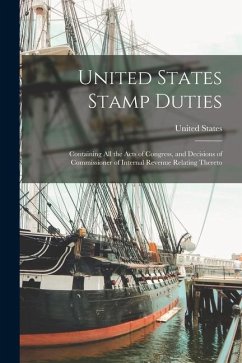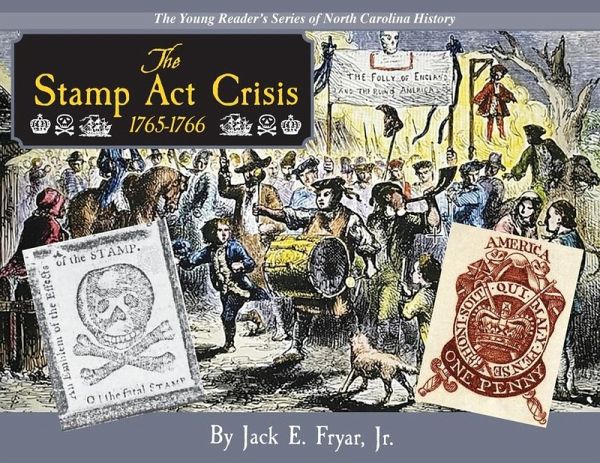
The Stamp Act Crisis 1765-1766
Versandkostenfrei!
Versandfertig in über 4 Wochen
11,99 €
inkl. MwSt.

PAYBACK Punkte
6 °P sammeln!
This addition to Dram Tree Books' Young Reader's Series of North Carolina History recounts the story of one of the first acts of armed, open rebellion against British rule in the American colonies. After Great Britain fought a war to retain its colonies in North America during the French & Indian War, King George III's treasury was badly depleted. As part of the global conflict called the Seven Years War, the fighting in North America pitted the British and their colonial subjects against the French and their Indian allies. Britain's Prime Minister George Lord Grenville proposed a tax on paper...
This addition to Dram Tree Books' Young Reader's Series of North Carolina History recounts the story of one of the first acts of armed, open rebellion against British rule in the American colonies. After Great Britain fought a war to retain its colonies in North America during the French & Indian War, King George III's treasury was badly depleted. As part of the global conflict called the Seven Years War, the fighting in North America pitted the British and their colonial subjects against the French and their Indian allies. Britain's Prime Minister George Lord Grenville proposed a tax on paper products in the colonies that would raise £60,000 per year to make up the money spent in rhe war, and cover the costs of maintaining troops in America. This book tells the story of the rebellion by North Carolinians to the tax, levied on virtually every printed item in the American colonies between 1765-1766. Resistance to the Stamp Act was especially strong on the Cape Fear River, where the people of Wilmington and Brunswick forced stamp officers to resign, challenged the authority of Royal Governor William Tryon and the Royal Navy, and took up arms to prevent the hated stamps from being delivered - a full eight years before the more famous Boston Tea Party. The port at Wilmington became the only American port where the stamps were never successfully landed, and first established North Carolina's claim to being "First in Freedom."



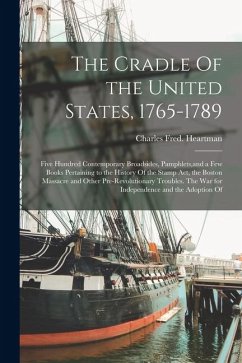
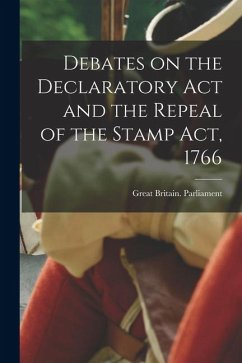
![The Examination of Doctor Benjamin Franklin Relative to the Repeal of the American Stamp Act in MDCCLXVI [microform] Cover The Examination of Doctor Benjamin Franklin Relative to the Repeal of the American Stamp Act in MDCCLXVI [microform]](https://bilder.buecher.de/produkte/66/66129/66129661n.jpg)
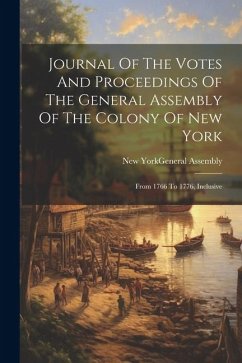
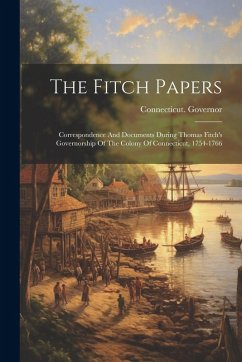
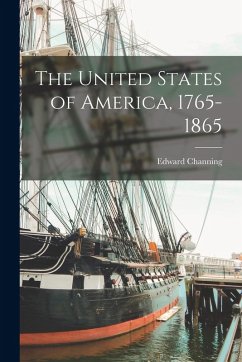
![Considerations on the American Stamp Act, and on the Conduct of the Minister Who Planned It [microform] Cover Considerations on the American Stamp Act, and on the Conduct of the Minister Who Planned It [microform]](https://bilder.buecher.de/produkte/64/64365/64365241n.jpg)
